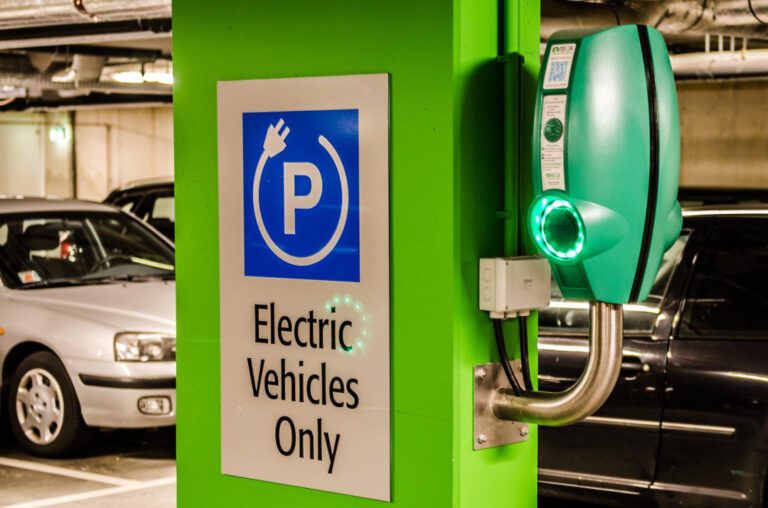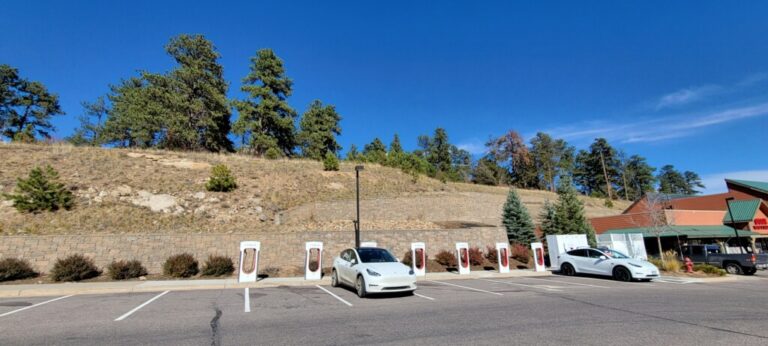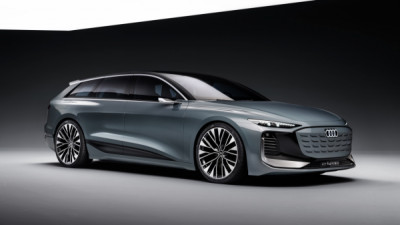
Sales of electric cars have increased dramatically in recent years and there seems to be growing demand. In 2020, 3 million electric cars were sold worldwide. This number more than doubled to 6.6 million in 2021. EV models are becoming increasingly popular due to their many benefits, such as being environmentally friendly, reducing the carbon footprint and having lower operating costs than traditional gas-powered vehicles. However, there is a great deal of variation in the level of global ev sales and ownership. This is largely due to the fact that electric vehicles are still relatively new, and thus they are not as widely available as traditional gasoline-powered cars. Additionally, electric vehicles tend to be more expensive than their gasoline counterparts, which deters many people from purchasing them. A handful of countries are leading the charge in electric car sales, with much higher levels of EV ownership per capita than the rest of the world.
Increasing Popularity of Electric Vehicles
Despite the difficult circumstances and the negative impact of the Covid pandemic, electric vehicles made a giant leap forward in the market share. This is good news because it shows that electric vehicles are becoming more popular and that people are interested in them. There was a dramatic increase in sales of electric vehicles, as people looked for more efficient and environmentally-friendly ways to travel. Many countries also invested heavily in infrastructure to support electric vehicles, such as charging stations. This all points to a bright future for electric vehicles, even in the face of challenging times.
Norway takes the top spot and is leading the ev revolution. It is far ahead of any other nation and they are the ev market leader. The very cost-effective government incentives to promote electric vehicle sales are what is behind this. General Motors ran a Super Bowl ad with Will Ferrell that highlighted this fact. In 2021, close to eight in 10 new passenger vehicles sold in the country were all-electric. This trend is expected to continue as the market for electric vehicles grows and more consumers become aware of the benefits of owning an electric car. In Norway, an ambitious target has been set to phase out sales of internal combustion engine cars by 2025. It’s possible that this goal may be reached even sooner than anticipated. This would be a remarkable achievement, considering the major role that these vehicles have played in Norwegian society up until now. If successful, it would send a strong message to the rest of the world about the importance of investing in renewable energy sources. The rapid uptake of electric vehicles in the country suggests that Norway is on track to achieve its goals. If Norway does indeed phase out sales of ICE cars by 2025, it would be a major victory in the fight against climate change.
Seven of the top 10 spots on this chart are in European countries. The reason for this is that tax policies incentivize EVs over gasoline-powered vehicles and there have been investments in building out charging networks.
China’s ranking for electric vehicles was No. 8 in the world. The ranking will go up in the coming years. This is a direct result of the Chinese government’s aggressive EV policy, which has resulted in EV sales nearly tripling between 2020 and 2021, rising from 1.2 million to 3.4 million. With such a large market for EVs, it’s likely that China will continue to see strong growth in this area, which will eventually lead to a higher ranking on the global stage. The year 2021 saw a greater number of electric cars sold in China than the entire world saw sold the year before. This is likely due in part to an increase in the production and availability of electric cars, as well as a growing awareness of and interest in owning an electric car. In China, electric cars are seen as not only a more environmentally-friendly option but also a luxurious one, which may account for their growing popularity. Whatever the reasons, it’s clear that electric cars are on the rise, with China leading the way.
Meanwhile, New Zealand has announced that it will provide an $8,625 discount on the purchase of a new electric car, or $3,450 off on a used electric car, in order to promote the trend of EVs in the country. Germany has also said that it will subsidize electric cars by up to 9,000 euros.
Although plug-in electric vehicles made up 8.6 percent of new car sales in 2021, they still only represent 1 percent of the world’s total car sales, This is because the majority of cars on the road today were manufactured by the automotive industry before the EV boom of recent years. In order to make a significant dent in global emissions, a much higher percentage of new vehicles sold each year would need to be electric. The world will need to increase its renewable energy share to 20 percent by 2030 and 86 percent by 2050 to get on track for net-zero greenhouse gas emissions by 2050, according to the International Energy Agency. This increase is necessary in order to meet global climate goals and avoid the most catastrophic effects of climate change. Fortunately, a growing number of automakers have announced plans to switch over completely to electric vehicles in the coming years. This is a huge step forward in combating climate change and protecting the environment. Electric models produce zero emissions, so they are much cleaner than gas-powered cars. Switching to electric cars will help reduce air pollution and dependence on fossil fuels, ultimately leading to a healthier planet.
According to the latest data available, these are the nations with the highest levels of EV ownership per capita.
- Norway
- Iceland
- Sweden
- Netherlands
- Germany
- United Kingdom
- France
- United States
- China
- South Korea



